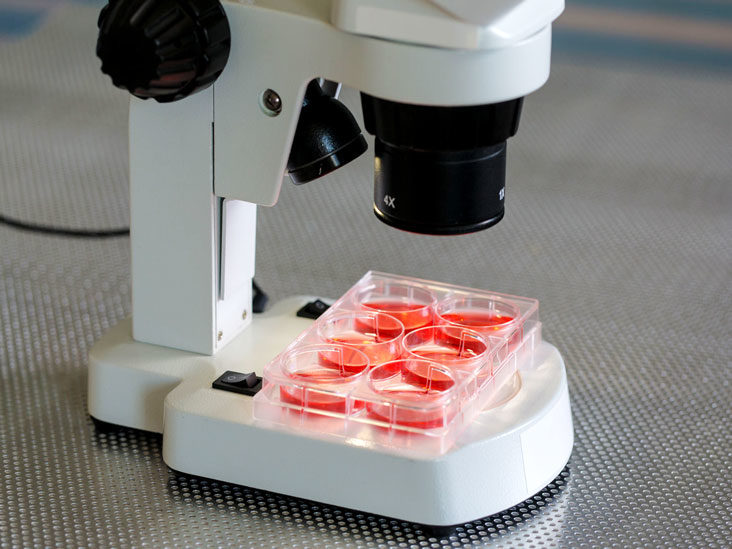Electrolyte Disorders: Symptoms, Causes, & Treatment

Electrolyte disorders can be severe and even life-threatening. It can happen for various reasons, including dehydration, renal failure, and diabetes. It is crucial to recognize the symptoms and get treatment as soon as possible. This blog post will discuss the symptoms, causes, and treatment of electrolyte disorders.
Let’s get started.
What is an Electrolyte Disorder?
Electrolyte disorders refer to a medical condition where the levels of electrolytes in the body are either too high or too low. Electrolytes are minerals that play a vital role in many bodily functions, such as regulating heartbeat, blood pressure, and fluid balance. When there is an imbalance of electrolytes in the body, it can lead to serious health problems.
Let us see the example of extremes: hypokalemia and hyperkalemia. Hypokalemia is when the level of potassium in the blood is too low, while hyperkalemia is when the level of potassium in the blood is too high. Both conditions can be dangerous if left untreated. It can be checked through a simple test for electrolyte levels. The electrolytes test price in India starts from Rs.300 and may vary depending on the facilities of the lab.
Symptoms of Electrolyte Disorders
Electrolyte disorders can cause a wide range of symptoms, depending on the type and severity of the disorder. The most common symptoms may include:
- Fatigue
- Weakness
- Headache
- Dizziness or lightheadedness
- Nausea or vomiting
- Muscle cramps or spasms
- Heart arrhythmias (irregular heartbeats)
- Confusion or changes in mental status
Causes of Electrolyte Disorders
There are several possible causes of electrolyte disorders, including:
- Excessive sweating or dehydration
- Diarrhea or vomiting
- Kidney disease or dysfunction
- Use of diuretics
- Certain medications, such as steroids or chemotherapy drugs
- Eating disorders, such as anorexia nervosa or bulimia nervosa
- Endocrine disorders, such as Addison’s disease or Cushing’s syndrome
- Hormonal changes during pregnancy, puberty, or menopause
In some cases, the cause of an electrolyte disorder may be unknown. When the cause is unknown, it is referred to as idiopathic. Idiopathic electrolyte disorders are more common in children than adults. See your doctor if you think your child may have an electrolyte disorder.
Treatment of Electrolyte Disorders
The treatment for electrolyte disorders generally depends on the specific condition and its severity. The primary treatment for Electrolyte Disorders includes:
-
Intravenous (IV) fluids
Intravenous fluids are often necessary to replace lost fluids and electrolytes. It is especially important in cases of dehydration, where the body needs fluids and electrolytes to function properly.
-
Oral medications
Oral medications are the most common treatment for electrolyte disorders. They can be taken in pill form or as a liquid. Some common oral medications used to treat electrolyte disorders include:
- Potassium Chloride
- Sodium Bicarbonate
- Calcium Carbonate
-
Certain IV medications
IV medications can help restore electrolyte balance. They can also prevent any adverse effects from becoming serious.
The Bottom Line
Electrolyte disorders are a condition that can occur when there is an imbalance in the levels of electrolytes in the body. If you are having any symptoms associated with an electrolyte disorder, it is important to see a doctor as soon as possible for treatment; left untreated, electrolyte disorders can lead to serious health complications.